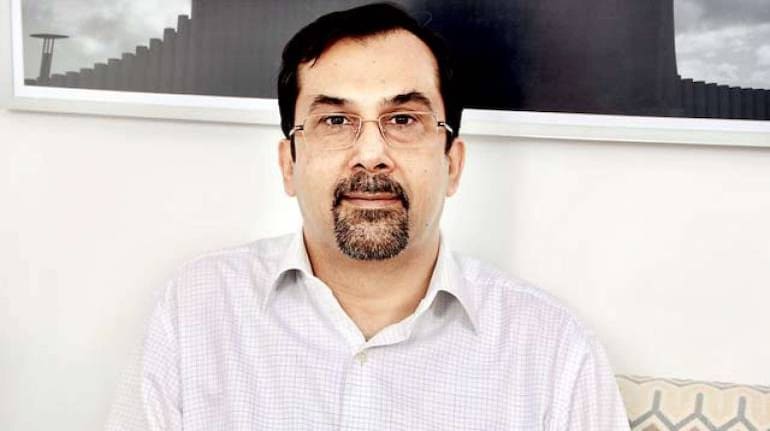
Diversified business entity ITC Ltd on Thursday called for more clarity from the government on where manufacturing is allowed during the lockdown, while seeking that companies be allowed to sell to consumers whatever is being produced. The Kolkata-based firm, which has a total of around 120 manufacturing units, including third-party owned, said 70-80 of them are currently functioning with capacity utilisation ranging between 20-60 per cent.
Speaking to reporters through a video conference, ITC Chairman and Managing Director Sanjiv Puri said the coronavirus pandemic will have a significant impact on the economy as well as on the company in the first quarter of the current fiscal, but it is difficult to make a business forecast at the moment.
"What would be helpful there is that some clarity on where manufacturing can be allowed. There are some definitions that are being put, but the reality is that most of the manufacturing units are in the perimeters of urban centres. Those need to be allowed (to function)," he said.
Puri was responding to a query about what more steps are required from the government for industries for hassle-free resumption of manufacturing activities during the lockdown.
He further said, "Even when we allow all industries that are located at the perimeters of urban centres, provided they are outside containment zones, when they operate, it will take a long time for capacity to build up to a reasonable level."
This is because "sometime you may find that the odd vendor is in a containment zone or sometimes you may find that your factory is outside containment zone, but all of your employees are in containment zones", he added.
Puri also stressed on the need for allowing entire manufacturing value chain -- from raw material supplies to reaching the end consumers -- to operate to help kickstart economic activity again.
"All the activities where manufacturing has been allowed, it is pretty broadbased. So we have to get the whole value chains to work. Whatever is getting manufactured has to reach the end consumer, otherwise you cannot simply manufacture to create inventory," Puri said.
He, however, praised various steps taken by the government in the fight against coronavirus pandemic, saying things could have gone out of control without the "proactive measures" .
Commenting on the company's current manufacturing operations, Puri said out of a total of around 120 manufacturing units, which includes third-party units, around "70 to 80 would be operational".
"Capacity utilisations are in the region of 20-25 per cent to 50-60 per cent depending on the location. Even within factories that are running, we are right now running lines where we see immediate visibility of demand. We are not running lines where the visibility of demand is not there right now," Puri added.
Asked if he also supported various industry bodies' demand for stimulus package from the government, Puri said the government would need to support sectors like MSMEs, travel and tourism industry which generate a lot of employment.
When asked about the impact of the health crisis on the company, he said it is difficult to give a forecast and a lot would depend on how the country's GDP fares in the first quarter.
"Depending on how much of economic activity is revived would really determine the extent of the impact. It appears to be quite substantive in this quarter," he said.
The impact is not unique to any specific sector and is broadbased, he said, adding that "it is not just to do with our verticals, but it is right across the economy. It is not unique to any specific sector. Whatever is running, is running at a low capacity and lot of areas and activities are almost or at complete standstill. From that perspective it is not good news".
Puri, however, said the health crisis has also brought new opportunities which the company will tap going ahead, including "evaluating acquisitions" at the right time.
During the lockdown, the company had tied up with unlikely partners like Domino's, Zomato and Swiggy for home deliveries of its products, which could be continued in future as well.
He said the company continues to have aspiration to garner revenue of Rs 1 lakh crore from FMCG business despite the impact of COVID-19, although "the timelines may get pushed further".
In 2015, ITC had set a target of garnering a revenue of Rs 1 lakh crore by 2030 from its FMCG business.
Puri, however, said ITC will not launch many new products during the coronavirus pandemic and only those health and hygiene products which are essential for consumers will be introduced in the market, like the hand sanitiser introduced under its Savlon brand.
Discover the latest Business News, Sensex, and Nifty updates. Obtain Personal Finance insights, tax queries, and expert opinions on Moneycontrol or download the Moneycontrol App to stay updated!
Find the best of Al News in one place, specially curated for you every weekend.
Stay on top of the latest tech trends and biggest startup news.